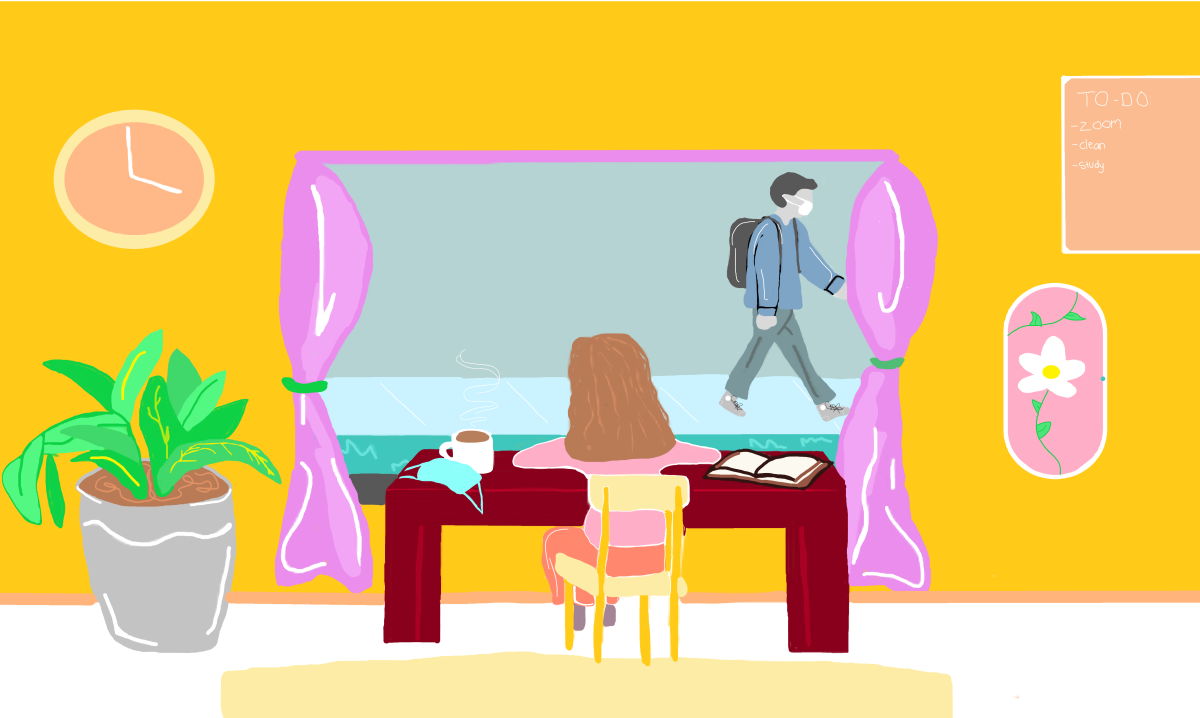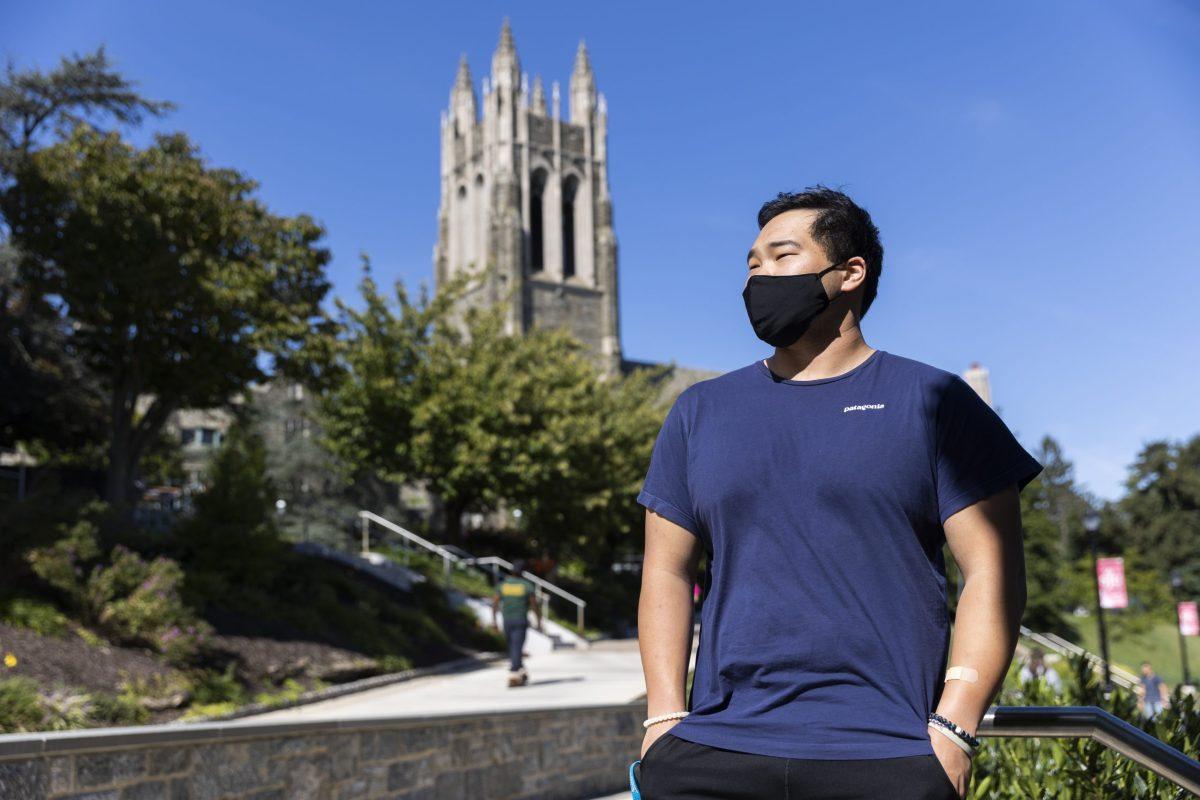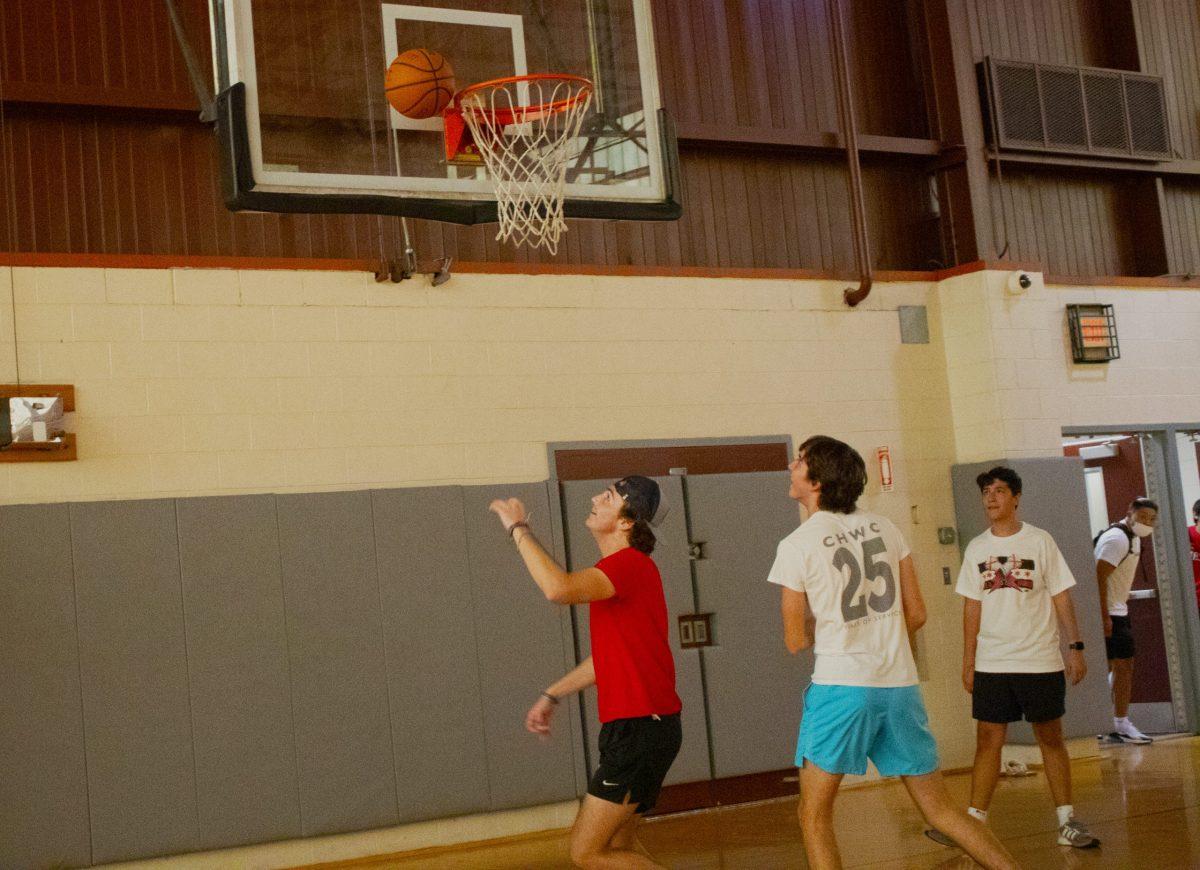Philadelphia is currently under a stay-at-home order in an effort to slow the spread of the novel coronavirus and, more specifically, to protect vulnerable populations such as the elderly and people who are immunocompromised.
Because the virus is so contagious, taking these measures to minimize transmission is especially important to protect those who are immunocompromised, or those with weakened immune systems, according to Sally Kuykendall, Ph.D., professor of health services.
“When we think of immune impairment, we tend to think of chemotherapy, immunosuppressive medications to reduce organ transplant rejection, AIDS, leukemia, diabetes, malnutrition, and genetic disorders,” Kuykendall wrote in an email to The Hawk. “However, other factors such as asthma, smoking, alcohol consumption, poor diet, and lack of sleep can also compromise the immune system.”
Kuykendall said self-isolation, meaning isolating oneself from others in order to slow the spread of the virus, is an important measure to take to achieve this goal.
“Since COVID-19 is contagious before symptoms appear,” Kuykendall said, “it is best if all of us self-isolate, healthy as well as potentially infected.”
Kuykendall added that self-isolation is different from self-quarantine, which refers specifically to restricting the movement of those who do have the disease. People in self-quarantine must stay home and take care to minimize contact with those in their household in order to avoid transmitting the disease, she said.
Additionally, Kuykendall said, people should self-quarantine and contact their health professional if they come into contact with someone who has since tested positive or if they show symptoms themselves.
“The problem is that we don’t have enough hospital beds and equipment to care for mass sickness,” Kuykendall said. “If the pathogen spreads unrestricted, health professionals will need to make decisions about who gets care (i.e. artificial ventilation) and who does not.”
Bella Succi ’20, who is immunocompromised due to lupus, said the virus is especially scary for her because it is even more severe than illnesses which are already difficult for her immune system to deal with.
“This isn’t a thing that’s only scary to us when there’s a pandemic,” Succi said. “Something as simple as the common cold can really, really hurt me and other immunocompromised people.”
For this reason, Succi said she had not planned on returning to campus at all before classes moved online completely.
“With campus shutting down, as hard as it is to lose my senior year, I really appreciate the school’s actions to do that,” Succi said.
Another student, a senior female student at St. Joe’s, went into self-isolation after secondhand exposure to the coronavirus.
The student, who asked to remain anonymous, said she had been exposed to the virus through a family member, who in turn had been exposed by a coworker who later tested positive on March 18.
Since publication, the student, who is also immunocompromised, has not been tested herself.
“I was on the phone with my specialty doctor, and she said just to keep an eye on [it],” the student said.
However, if she had shown symptoms, the student explained that the situation could easily have gotten worse due to her condition.
“I would be looking at possibly being put on a ventilator because I wouldn’t be able to breathe overall, not just be compromised,” the student said.
“I know, especially for the seniors, everyone is really upset,” the student said. “And the underclassmen as well. But just remember that there’s a reason that this is happening, [people are] dying. Yes, it sucks, but try your best to put it into the world view a little bit.”
Although she acknowledged the emotional difficulty the St. Joe’s community faces with being unable to return to campus, Succi said it was ultimately the right choice to make.
“I know it’s incredibly hard for everyone not to be on campus and to lose the last year of their athletic eligibility, or to lose that last semester of senior year,” Succi said. “I’m crushed and heartbroken to not be with my roommates and my friends, but I think it’s what’s best for everyone right now.”
Cara Smith ’21 contributed to this story.










































